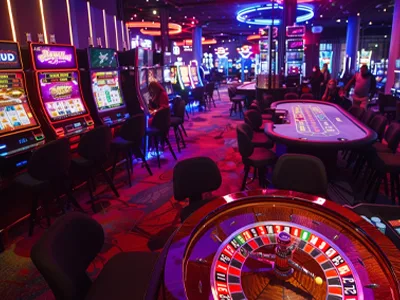A government restructuring isn’t over, and this could provide a new path for casino legalization
Thailand’s push to legalize integrated casino resorts through the Entertainment Complex Bill appeared to stall earlier this year, but some industry observers believe the initiative could still make a comeback. Speaking at the SBC Summit in Lisbon, Lau Kok Keng, Partner and Head of Gaming Law at Rajah and Tann Asia, suggested that shifting political dynamics may reopen the door for casino development as soon as early 2026.
The change in leadership following former Prime Minister Paetongtarn Shinawatra’s removal by the Constitutional Court has added uncertainty to the bill’s future. His successor, Anutin Charnvirakul of the Bhumjaithai Party, pledged to dissolve parliament and hold new elections within four months. Lau explained that the outcome of those elections could determine whether casino legalization reemerges as a government priority.
If Paetongtarn’s Pheu Thai Party regains power, the bill could be revived directly, but even Bhumjaithai might revisit its opposition depending on the economic climate. Lau argued that resistance to the measure may have been less about casinos themselves and more about limiting the influence of the Shinawatra family in policymaking. He noted that the economic potential of five licensed casinos in Thailand—given the country’s large tourism base—remains difficult to ignore.
The bill never reached its first parliamentary reading, meaning a new administration could take it up again within 60 days of forming. That timeline would align with an early 2026 election. While Lau acknowledged that Bhumjaithai may hesitate to reverse its stance immediately, he said economic pressures and a struggling tourism industry, particularly the drop in Chinese visitors, may eventually force a rethink.
Some operators remain optimistic, with offices still maintained in Bangkok in anticipation of future opportunities. For Lau, Thailand represents one of the largest potential markets in the region, surpassing Macau, Singapore, and Australia in sheer tourist volume. “The story isn’t over yet,” he said, adding that casino regulation may ultimately become an unavoidable step in revitalizing the country’s economy and curbing revenue lost to illegal gambling across its borders.

